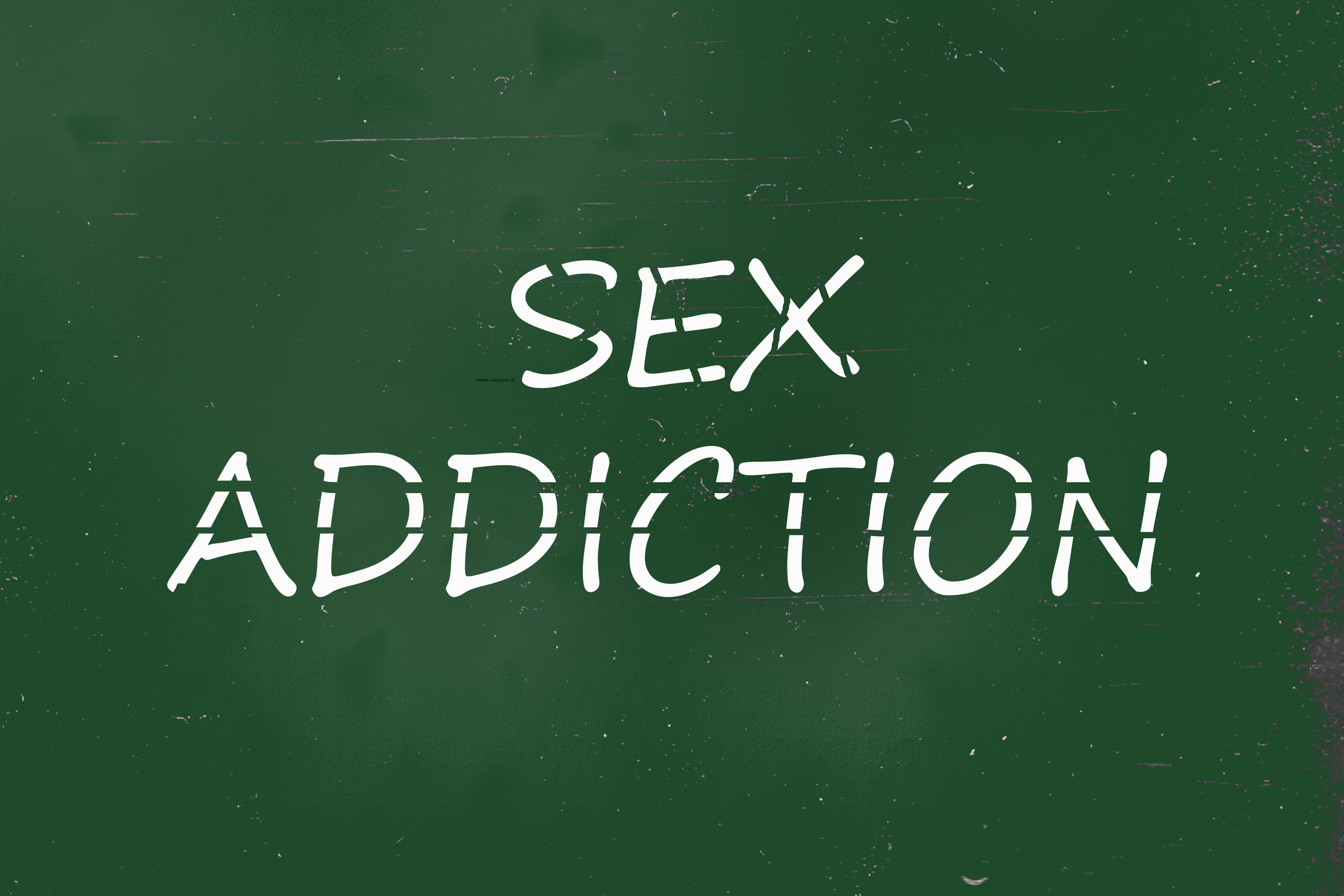Sex Addiction: Unraveling Fact from Fiction

Sexuality can be a healthy experience for some, and a tumultuous experience for others. When it comes to sex addiction, there is a lot misunderstood. The Diagnostic and Statistical Manual (DSM-5) does not classify sex addiction as a real addiction nor is there a clear treatment path. Some would argue sex addiction is not an addiction all.
But what does the research say?
When it comes down to research, there are studies supporting both sides of the debate.
A 2015 study out of the University of California, led by researcher Nicole Prause used EEG to measure brain activity in 122 men and women. Most of these subjects declared trouble controlling their viewing of pornography.
After showing the volunteers a set of photographs, many sexual in nature; she found there was a distinct pattern of brain responses in subjects with porn viewing problems that was opposite of that seen in other addictions like cocaine and gambling. This suggested that self-reported sex addicts do not exhibit any different brain activity compared to those who have high libidos.
Still, other studies yield different results. A 2014 study, with University of Cambridge researcher, Valerie Voon, used the functional magnetic response to scanning the brains of 38 men. Half of the group struggled with compulsive sexual behavior. The subjects were told to view either porn videos or sports footage. She found three regions of the brain were more active among those with sexual behaviors compared with other volunteers. These areas of the brain were the same ones activated with drug addicts were shown images of drugs.
Also, people exhibited a higher desire toward porn even though they said they did not enjoy the video, a phenomenon common in other addiction. Still, Voon and her colleges conclude that their findings do not prove that porn addiction exists.
How should we treat it?
Regardless of what we call it, some people clearly struggle with sexual compulsiveness. These people need help because their addiction is deterring them from leading a healthy life.
The way the condition is treated varies from person to person. In any given week, over 1000 Sex Addicts Anonymous meeting across the United States takes place. Sex addiction is becoming more prominent in treatment centers across the nation.
Sex addiction is commonly misunderstood among the addict and their loved ones. It is difficult to understand why a person would behave in the manner they do. However, more ex-addicts feel they have little control over their behavior. With treatment, sex addicts learn to control their desires and impulses. Soon, the cravings lower and they can return to a healthier lifestyle.
There are a variety of fellowships available for those who struggle with sex and love addiction. It can be difficult to decide where to go in unique cases like this.
We compiled a list of common fellowships for sex and love addiction.
Sex Addicts Anonymous (SAA)- This fellowship is open anyone who suffers from sex addiction. SAA, renowned for its Green Book teaches the importance of the “three circles” concept which members are encouraged to use as a tool to maintain sobriety.
Sex and Love Addicts Anonymous (SLAA): SLAA may be the answer if you fall in love with the wrong people or have trouble controlling how much porn you watch. Issues like these and others may be addressed for some in SLAA groups. SLAA allows members to define their sobriety. Each person defines what behavior they find to be the most destructive and works to eradicate those behaviors.
Overall, if your addiction is becoming unmanageable, you may need more intensive help that far exceeds a fellowship group. Sometimes treatment is the best answer to start your journey of sobriety. If you or someone you love is struggling with substance abuse or addiction, please call toll-free 1-800-777-9588.
Author: Shernide Delva
